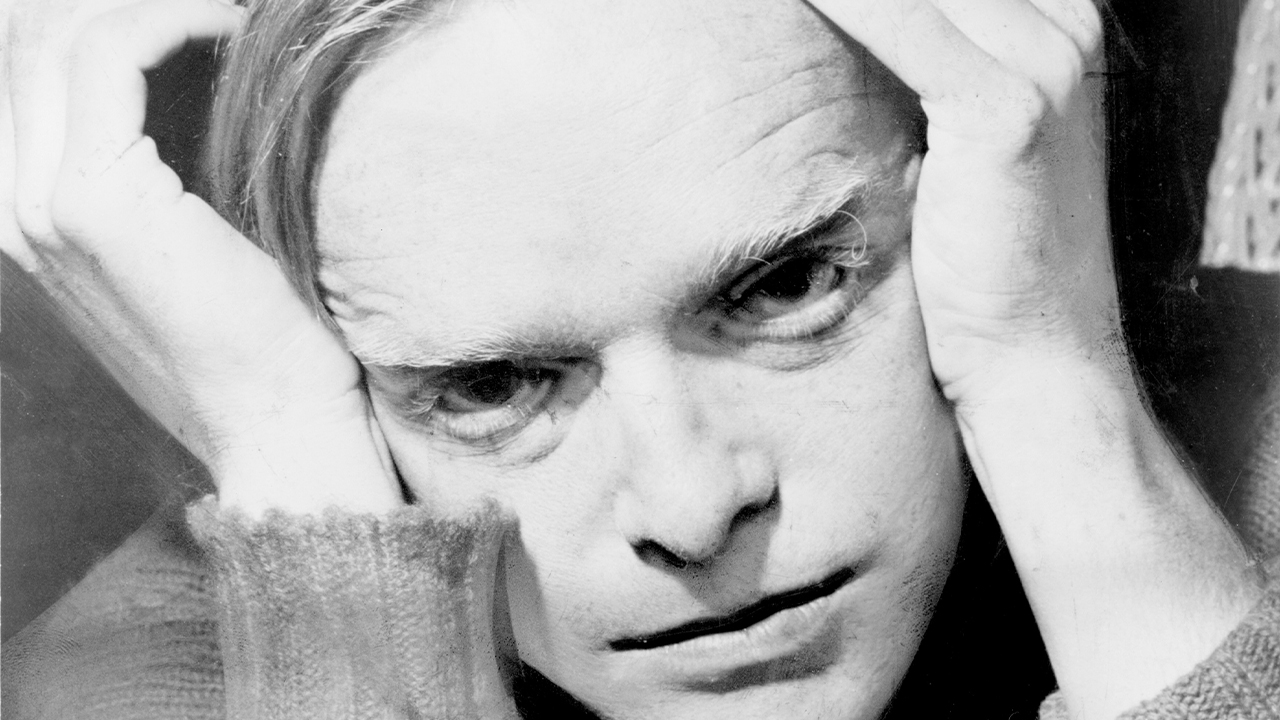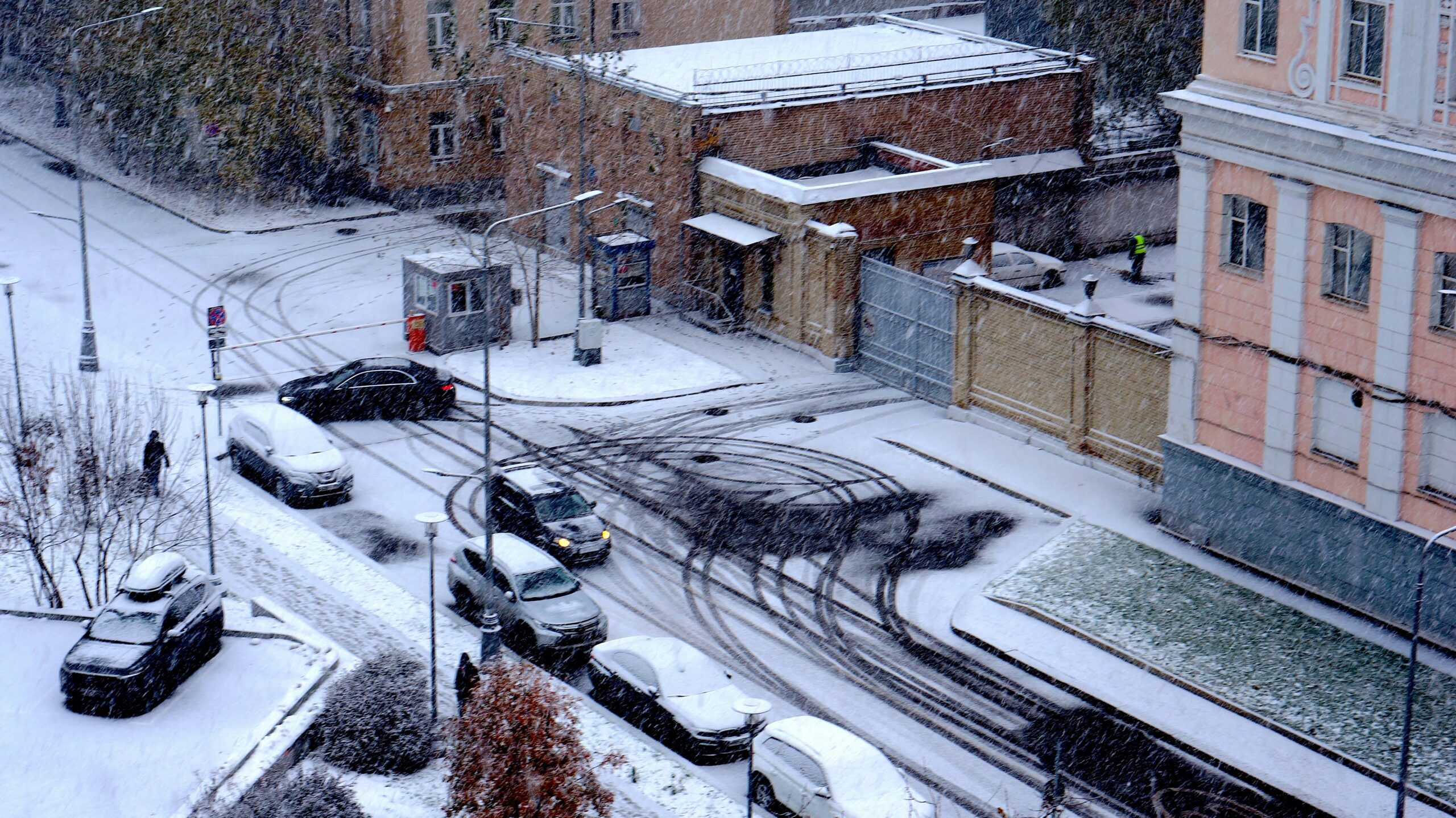Alien Intelligence
February 18, 2020

How smart could an octopus really be? I mean, sure, all those suction cups would be handy. But otherwise, they just hang out by themselves waving all those arms around …
It was the pranks that changed my mind.
More than one octopus has learned to turn off the aquarium lights by squirting jets of water at the bulbs when no one is watching, thereby short-circuiting the power supply. Escape artists, they pry up grates and undo locks. They also recognize individual humans, and if a scuba diver annoys them, they will yank the regulator out of the diver’s mouth. If they like you, they will touch your hand in greeting or drape an arm around your neck.
According to Peter Godfrey-Smith, octopuses (and their squid sisters) are “an island of mental complexity in the sea of invertebrate animals.” Because they developed entirely apart from Homo sapiens, 500 years earlier, they are “an independent experiment in the evolution of large brains and complex behavior.” In short, he says, “this is probably the closest we will come to meeting an intelligent alien.”
Their blood is blue-green, after all, and all eight arms are capable of regeneration. They also have three hearts, but draw no conclusions: They are solitary by choice, wanting nothing to do with their own kind and relenting only to mate. Even then, says Aaron Sprowl, general curator of the St. Louis Aquarium, ”if the female doesn’t like the male, it doesn’t end well.” Er…meaning? He draws a hand across his throat.
Sure hope the new octopus at the aquarium finds the right guy.
Still just a baby, she has yet to be christened, but Sprowl privately calls her Olivia Octavius. Her brain holds 500 million neurons (comparable to a German shepherd’s brain, or that of a three-year-old human), and her whole body can process information, neatly eliminating Descartes’ mind-body divide. So, clearly, she is smart, although Howard Gardner might need a few more of his multiple intelligences to define how.
As we wait outside her tank, Sprowl informs me that Olivia is especially fond of Mr. Potato Head, and she will remove his disguise and reassemble it in a different configuration. She learned instantly to unscrew treat jars, watching a curator do it, then reversing the twist.
Her sort of octopus, the giant Pacific, lives the longest, Sprowl says—but that is only two or three years. Just before she dies, she will lay eggs, and she will spend the rest of her life guarding them, blowing water across them to keep it fresh. She will not eat again. “Generally, they will hatch at the same time that she dies,” Sprowl says, calmly breaking my heart, “and then the babies are on their own.”
More power to them, though: “They come out fully capable of doing what they need to do in life. They can already change color, for camouflage, or get bumpy and look thorny, in self-defense.” Nobody will mess with Olivia in her current home, but if they did, she would be able to render herself invisible, altering a layered screen of cells like pixels to match the rocks around her. Her body is like a programmable LED display: She can change her salmon-red color to reflect her mood, go polka-dot to flirt, go dark to keep herself safe.
“They are very tactile,” Sprowl says. “They’re also very strong! She’ll suction on to you. We don’t like to let her get too good a grip, because she already has the strength to pull you into the water.”
Baby Olivia? Absolutely. And as she draws your finger close, she is tasting it. “There are taste receptors in her suction cups,” Sprowl explains. “They have insane nervous systems.” Olivia’s entire body encodes information about the world around her. Plus, the octopus eye is camera-like, as ours is, but engineered more efficiently, with the photoreceptors facing the light, so they have no blind spot. “If they could walk on land, they’d rule the earth.”
He studies the glass, his forehead furrowed. She has been hiding behind a barrier since early morning, he admits. He had hoped that by now…
We wait a little longer.
“They all have different temperaments,” Sprowl remarks, “but this is a very personable octopus. She’s very commonly sitting in the front window; she seems to enjoy interacting with guests. We’re hoping to do octopus paintings with her, let her put her suction cups in the ink…” He glances over, checking my patience. “You could maybe come back?”
The next day, Olivia comes out from behind the barrier, eats her restaurant-quality seafood, then coils herself inside her little hamster ball. Because the only rigid part of an octopus body is its beak, it can squeeze itself through a tiny, tiny hole (an ability engineers are desperately trying to copy, so medical robots can slip through tiny body incisions). At the moment, all eight of Olivia’s four-foot arms are jammed inside the clear plastic ball. By the time she matures, those arms could reach thirty-six feet apiece, requiring a slightly larger ball.
For now, there is no action in the tank, just a wee ball of octopus determined to defy an essayist.
I wait two weeks and go back, sure that she will have forgotten by now to hide from me. She hardly ever hides, Sprowl says. When somebody painted the trim on her tank, she inched along with him on the other side of the glass, following every movement, turning it into a game. But for me, she is Houdini. I stand there, squinting, hoping, waiting, like someone meeting a date arranged online. But though Sprowl says there are very few places she ever hides and she rarely ever wants to hide, she is nowhere in sight.
Does all that information she picks up allow her some form of consciousness? Is she hiding deliberately, planning her absence ahead of time? “The octopus has a central brain and also an independent, smaller processor in each arm, giving it a unique mixture of centralized and distributed command,” writes Michael S. A. Graziano, a professor of psychology and neuroscience at Princeton University. “The octopus also probably has self models—rich, constantly updated bundles of information to monitor its body and behavior.” She knows about herself and the world around her, and that information prompts curiosity, play, caution, irritation, adventure … So is she scheming the way I am? We do not yet know enough about our own consciousness to know if Olivia possesses anything similar.
We do have yet another proof of intelligence, though. She avoids the media.






